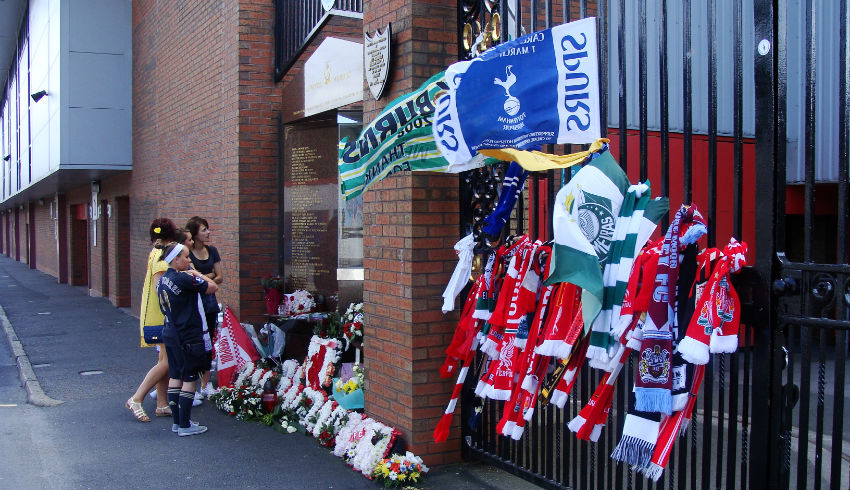Commercial Insights

Sir Norman Bettison faced charges due to alleged misconduct in relation to the Hillsborough disaster - but the CPS said on Tuesday that proceedings would be discontinued. What does this mean for the long campaign for justice for the 96?
On 21 August, charges against former chief inspector of the South Yorkshire police, Sir Norman Bettison, were dropped. Bettinson faced four counts of misconduct in a public office in relation to the Hillsborough disaster, and had faced allegations that he lied about his own involvement in the 1989 disaster, seeking to blame Liverpool football club fans for the injury and loss of life at the stadium.
Responding to the decision to drop charges, Bettison said he felt “vindicated” – but for the families of the 96 people killed at Hillsborough, who have said they are “devastated”, this will mean a renewed fight for justice.
The families have fought for almost three decades to bring about legal justice for their relatives, who died following a crush at the Leppings Lane end of the Hillsborough stadium. Senior police figures in charge on the match day initially blamed the Liverpool fans for the crush. However, the 2016 inquest into the disaster ruled that the fans were in fact unlawfully killed – leading to criminal charges being brought against senior figures.
At this stage, it is unclear how the families intend to proceed in response to the dropped charges. Lisa McKinnon-Lower, solicitor at Byrne and Partners, said: “The decision by the CPS to discontinue the criminal charges brought against Sir Norman Bettison in relation to the Hillsborough disaster will undoubtedly cause disappointment and frustration for the victims’ families.
“The decision raises the question whether the Hillsborough Family Support Group will actually be able to apply for a review through the Victims’ Right to Review Scheme. Given that proceedings against other defendants still continue, this decision may not fall within the scope of the Scheme. Alternatively, the families could seek judicial review, however this is significantly more expensive, more time-consuming and inherently difficult from a legal perspective.”
The CPS guidelines state that cases where proceedings against one or more defendants are terminated, but proceedings against other defendants continue, do not fall within the scope of the Victim’s Right to Review Scheme.
It was confirmed in June that David Duckenfield - who was the match commander at FA Cup semi-final – will face trial for the manslaughter of 95 of those who died as a result of Hillsborough. Duckenfield will go on trial with Graham Mackrell, the former club secretary of Sheffield Wednesday. Mackrell’s charges relate to the safety certificate of the Hillsborough stadium.
The decades-long fight for the truth about Hillsborough has shaped how we view inquests and public inquiries as tools of justice. In an inquest, a coroner hears from witnesses and examines evidence to establish the immediate cause of death. A public inquiry is carried out by a government-appointed leader, and while evidence and witnesses are considered, recommendations are not legally binding in the same way that an inquest is. Criminal charges tend to fall afterwards, and this can lead to a prolonged series of legal investigations.
The public inquiry into Hillsborough was held from May to August 1989, followed by the first inquest, which ruled the cause of the deaths was accidental. However, this ruling was eventually quashed and a new inquest was held from 2014 to 2016, granting the 96 victims and their families their long-campaigned-for justice.
The most recent Hillsborough inquests formed the longest case heard by a jury in British legal history. Taking into account the decades of campaigning to reopen the inquests, the aftermath of the disaster has exceeded 20 years – longer than the lifetime of some of the younger victims – and this development shows that the legal battles are not yet over.
Academy tools to help you get a job
-

Free Watson Glaser Practice Test
Understand the test format, compare your performance with others, and boost your critical thinking skills.
